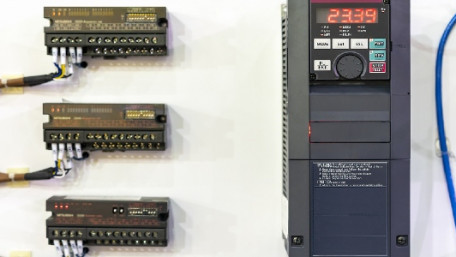
Variable frequency drives (VFDs) can output simulated waveforms of nearly any frequency. However, in order to be truly useful, harmonics and resonance in the…
Variable frequency drives (VFDs) can output simulated waveforms of nearly any frequency. However, in order to be truly useful, harmonics and resonance in the system must be avoided and frequency parameters should be put in place.
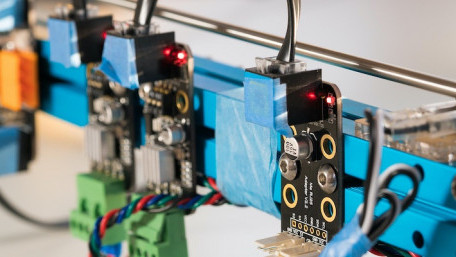
Of all types of three-phase motors, the twelve-wire motor provides the most options for connecting based on voltage and…
Of all types of three-phase motors, the twelve-wire motor provides the most options for connecting based on voltage and system configuration (wye or delta). Learn the details and wiring options of these versatile motors.
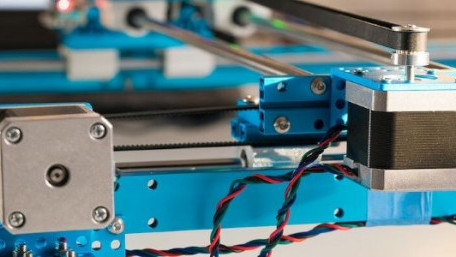
Three-phase motors with three or six wires have limited options for wiring, but are easier to use and have important…
Three-phase motors with three or six wires have limited options for wiring, but are easier to use and have important roles to play. Learn the difference between three- and six-wire three-phase motors for low and high voltage applications.
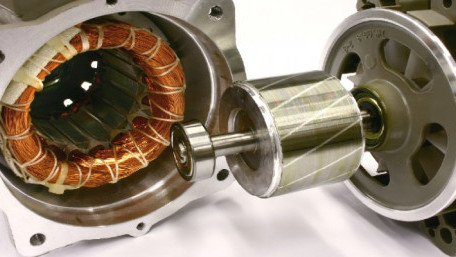
In this article, learn the differences between single- and three-phase motors, including how each one works and…
In this article, learn the differences between single- and three-phase motors, including how each one works and applications best suited for each type.
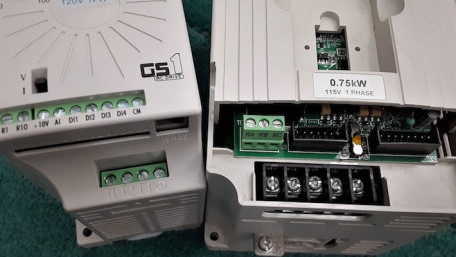
To increase the flexibility of a motor control system, a variable frequency drive (VFD) is a common device that solves…
To increase the flexibility of a motor control system, a variable frequency drive (VFD) is a common device that solves many motor control problems. In this article, learn how to control manual input of VFDs.
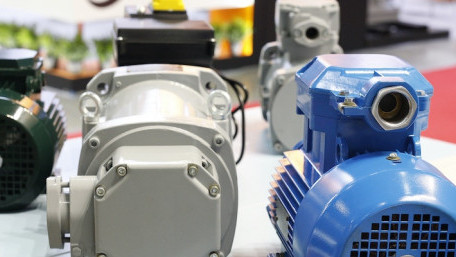
This article looks at some common windings and wirings for three-phase motors, including internal Wye windings and low…
This article looks at some common windings and wirings for three-phase motors, including internal Wye windings and low and high voltage wirings.
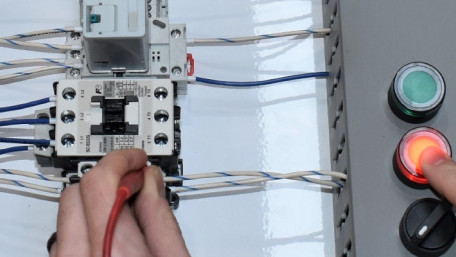
This article looks at a few of the more advanced motor control circuits for a three-phase motor.
This article looks at a few of the more advanced motor control circuits for a three-phase motor.
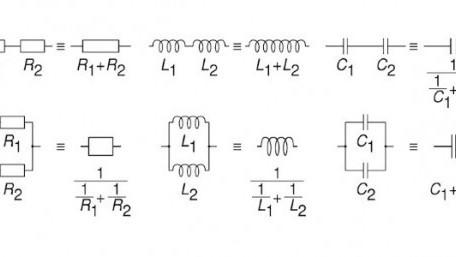
Learn to discern between textbook and real-life scenarios and use consistent troubleshooting methods to simplify and…
Learn to discern between textbook and real-life scenarios and use consistent troubleshooting methods to simplify and correct errors in parallel circuits common in industrial control systems.
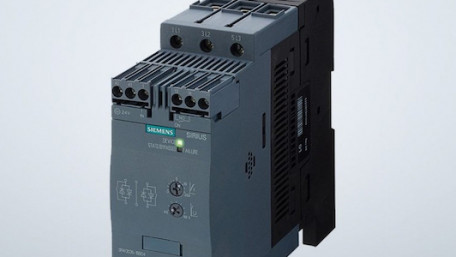
The following will examine how to reduce the wear on motors during startup and compare soft starters and variable…
The following will examine how to reduce the wear on motors during startup and compare soft starters and variable frequency drives (VFDs).
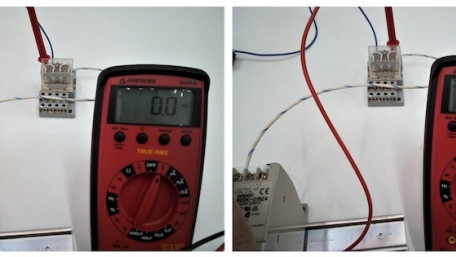
This article introduces a few simple methods to test which type of circuits — whether ground- or power-switched — are…
This article introduces a few simple methods to test which type of circuits — whether ground- or power-switched — are being used and how to troubleshoot and properly fix issues.
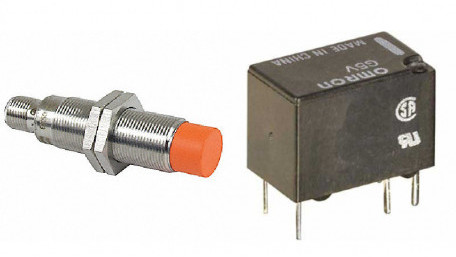
Wiring design systems can become confusing when some switching devices send power to the load automatically while others…
Wiring design systems can become confusing when some switching devices send power to the load automatically while others do not. Often called ‘wet’ and ‘dry’ contacts, these devices are fairly easy to troubleshoot once the differences are understood.
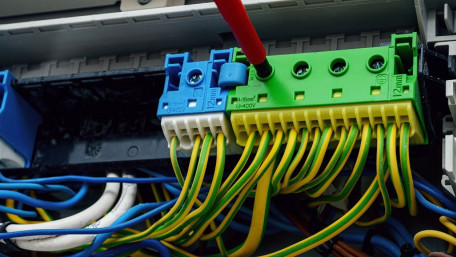
Should you connect a DC power supply to ground or not? The answer is not a straightforward yes or no. This article…
Should you connect a DC power supply to ground or not? The answer is not a straightforward yes or no. This article explores the benefits and drawbacks of grounding DC power supplies.
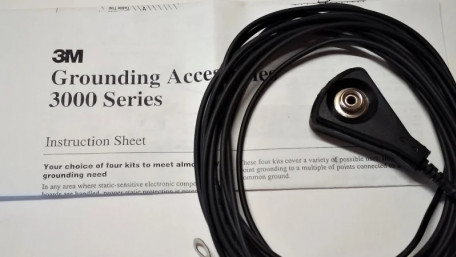
When it comes to electrical grounding, many strategies are employed to accomplish different tasks. One of the main…
When it comes to electrical grounding, many strategies are employed to accomplish different tasks. One of the main reasons for grounding equipment is for the safety of users and equipment while maintaining strict adherence to regulations.
